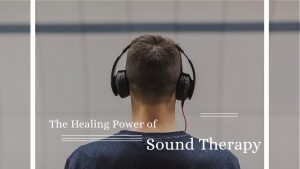“Shut up!!” “Don’t be so lazy!!” “What’s wrong with you?”
These types of phrases frequently come out of people’s mouths every day. So, is there really anything wrong with saying them? We have all said some of these things ourselves – or at very least had these thoughts.
For example, if you grew up with parents who talked to you (and each other) respectfully, then you will probably be able to spot verbal abuse a mile away. However, if you grew up in a family where there was a lot of yelling and fighting, then you might not be able to recognize verbal abuse when you see it.
Why? It’s because that pattern of communication is “normal” to you. It’s your comfort zone. It’s what you grew up with. So it’s all you know. But just because it’s familiar to you, that doesn’t make it right.
Verbal abuse is NEVER justified in any situation.
f this pattern continues, it has the power to seriously damage the victim’s self-esteem and self-worth. They may even begin to believe that what the abuser says about them is true.
It`s always hurtful, but it’s not always overt – like angry outbursts. Sometimes it is covert as making very subtle negative comments here and there.
So how you can recognize it if it happens to you or someone else you know?
“Teasing” and “joking”
This is one of the more covert tactics used by verbal abusers.
Judging and criticizing
If someone is always saying what you say or do is wrong, then that’s verbal abuse.
Degrading
For example “You should be grateful you found me. No one would ever put up with your crap but me!”. It’s making you think that you are lower than low – and that they are better than you.
Accusing
Maybe they are constantly suspecting you of cheating on them. Or that you told a lie.
Name-calling
If he call you names such as “loser,” “lazy,” “sloppy”, then that’s not okay.













